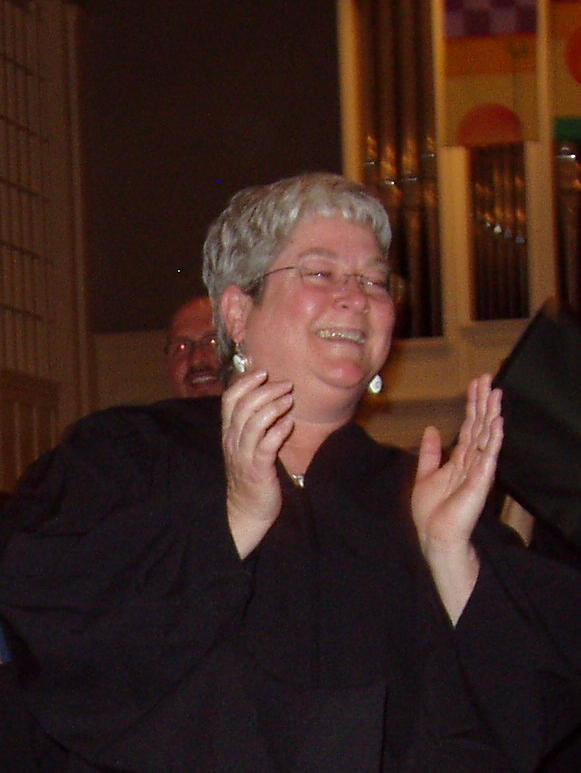I am a Minister, I am a Songwriter
Meet Emily Melcher,
Unitarian Universalist
In solidarity with people
|
Meet Emily Melcher, Musical Minister
by Jay McDaniel (9/8/2018) Some people, when they feel things very deeply, need to sing them. Not just sing about the feeling, but sing them. Emily Melcher is among them. She was a student of mine in a class I taught in Claremont, California, in the summer of 2018 on Process Theology and Popular Music. Emily Melcher in her own wordsI am a Unitarian Universalist minister and a singer and songwriter. I was born and raised in Redlands, CA, where I participated in a youth circus, choirs, and musical theater. I was a high school exchange student in Sweden, and went on to earn both the B.A. and M.A. degrees in Scandinavian Languages and Literature. My translations and renditions of songs by the Swedish troubadour, Evert Taube, have earned acclaim from academics and audiences alike. |
Not Pity but Compassion for Self and Others
Compassion for oneself can be powerfully healing. It is also the starting place that enables us to feel compassion for others, for it is only when we are willing to experience our own feelings that we can truly feel with others. I think this is the essence of Jesus’ commandment: You shall love your neighbor as yourself. For indeed, in order to love others, we must love ourselves.
When we pity another individual, or a group of people, instead of feeling with them, we see ourselves as separate, superior. Pity ensures that we aren’t at risk of being disturbed by their feelings, or our own, including our fears that we might one day find ourselves in their situation. If, instead of feeling sorry for others, we can allow ourselves to feel with them, we have a chance of truly knowing them, of truly being with them. In our interpersonal relationships, and in our relationships with our neighbors — near and far –, compassion enables us to trust the agency of others, and to make common cause with people we’ve imagined are unlike ourselves, partnering with them in bringing about a more compassionate world. Rather than imagining ourselves “helping” others who “need us, poor things!,” we actually allow ourselves to be open to others – allowing their lives and experiences to touch and move us, even as ours touch and move them. (Emily Melcher)
Does Faith have a Future?
I don't know if faith will survive our times. So much violence and rage is inflicted on the world in the name of faith: faith in "America" and "faith in capitalism" and "faith in the uniqueness of Christianity" and "faith in an almighty, mean-spirited God." All are false gods. All are substitutes for the kind of faith that Emily Melcher invites us to embrace. All are painful not only to the tender soul but also to the divine Soul. If there is any wisdom in the idea that we ought to avoid idolatries, it is the wisdom that in our time, the most pernicious idolatries are not statues on the ground but rather ideas in the mind: Nationalism, Christianism, Authoritarianism. I don't know if faith will survive. What I do know is that, with music such as hers and with people that live simply, humbly, courageously and lovingly, there is hope for faith. This song speaks to that hope, and gives me hope, too. (Jay McDaniel)


